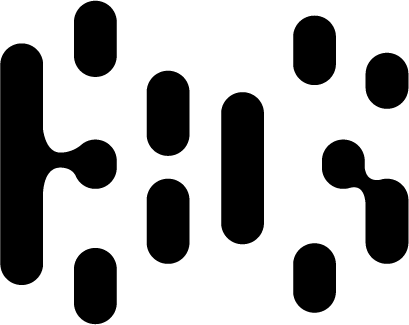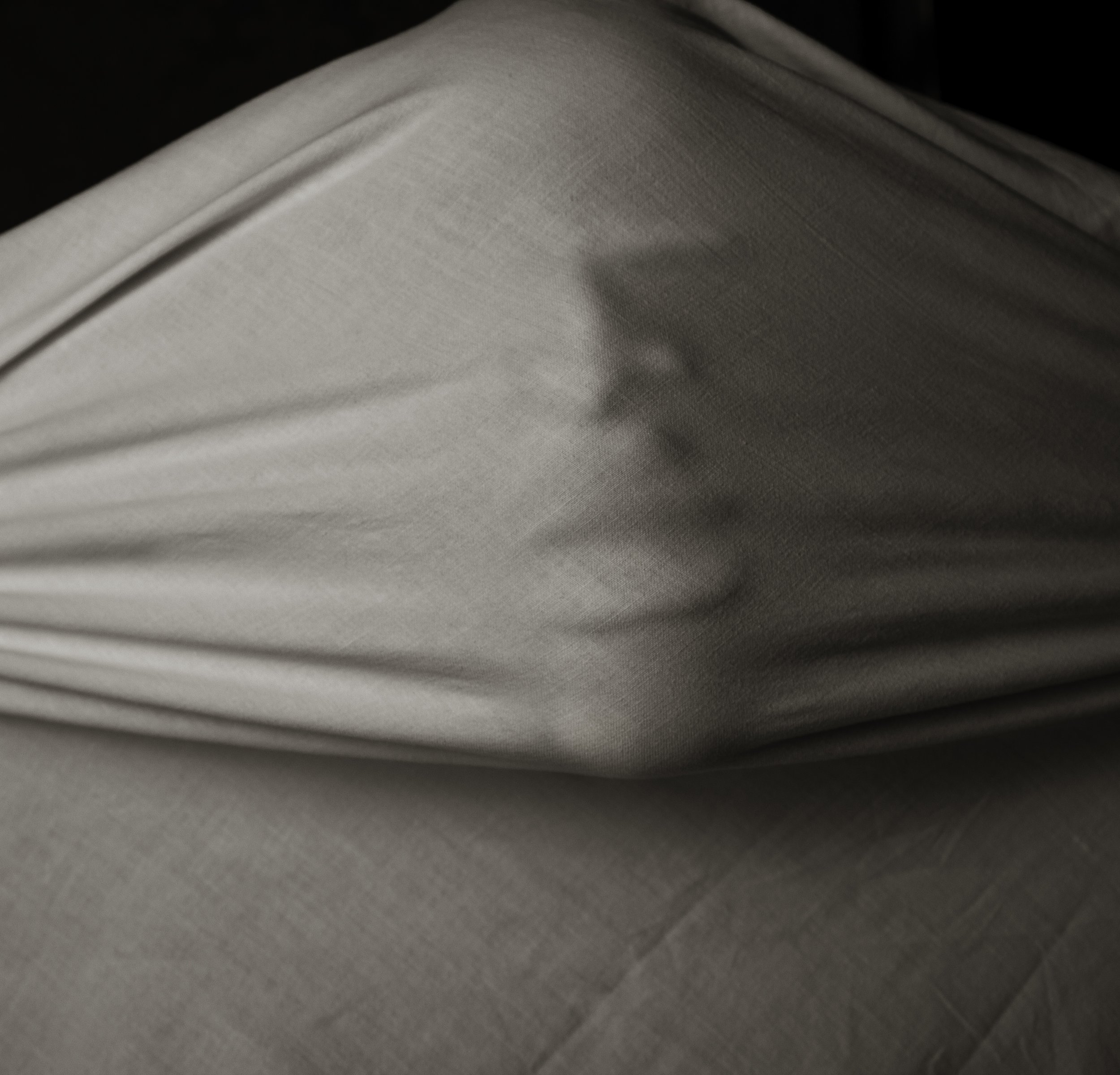Chiyana Ankhrah
“To me, the Black gaze means to see and understand through Black eyes. To read and listen. To comprehend, not to respond. To see how we create, how we live, our day to day lives and experiences told through Black narratives and not interfered with by anyone else.
It’s important to me because quite simply Black voices need to be amplified and heard. Our views are often ignored, spoken over, misrepresented or even misused for other people’s agendas, so having and being able to use the ‘Black gaze’ is incredibly important because it means that we are able to showcase what the world looks like through our eyes.”
How does the Black gaze relate to your photography practice?
I mainly take pictures of Black women and I do this so that other Black women and girls are able to see themselves represented in the media, especially because in this industry we are often overlooked. To put it quite plainly, Black women and girls deserve better and they deserve to be seen especially in an industry that is geared towards focusing on Western beauty.
I use my photography to showcase and familiarise the public with Black faces in the beauty and fashion industry as well as to tell stories surrounding Black culture, spirituality and issues surrounding mental health.
What do you want to say or address with your photography?
As previously stated one of the main things I focus on in my photography is challenging Western Eurocentric beauty standards by taking pictures of women who aren’t ‘typically’ Western looking. However, another thing that’s really important to me and that I’ve done a few series on is mental health and the visual representation of how it can make someone feel.
People often forget that because mental heath has become so commercialised and trendy that it’s still something that’s very raw and doesn’t look like a girl crying prettily. It’s not showering or eating for days. It’s sleeping all day and being unable to find the energy to get up and go to the bathroom. It’s being physically unable to take care of yourself. It’s a lot darker than what’s shown on TV or in the movies. The side that we don’t always see is considered a taboo and I want to create pieces that raise questions and spark discussions around that.
What influences and inspires you? How is this reflected in your work?
The biggest thing that influences me is a quote from Dennis Morris (he said he was told this by a careers advisor) ‘Be realistic. There’s no such thing as a black photographer’.
It’s something that drives me to get up and take pictures and showcase my talent as a Black photographer and I make sure that its reflected in my images by similarly documenting Black mental health, Black fashion and beauty, Black spirituality and Black culture. Everyday I go out and pick up my camera I strive to prove that statement wrong and everyday that I do is exhilarating.
Who are your favourite Black photographers from the past? Why?
Dennis Morris and Jennie Baptiste are two of my favourite Black photographers because of their documentary and portraiture work. I love the way that they are able to capture the vibrant culture of Black British life as well as tell the stories of Black heritage within something as simple as a picture. It’s like each image they took has a life of its own. I especially love the use of colour in Baptiste’s work (my favourite being a portrait of a woman named Pinky) and how she uses it in some of her older pieces where she showcases Black youth culture and dancehall culture.
I love Morris’s drive and ambition and the fact that photography gave him confidence, which is something I really resonate with. I think it’s really important to have documentary photographers like this because they are able to capture parts of the Black experience in Britain and what our lives look like.
Please describe the highs and lows of your experience as a Black photographer?
My biggest struggle as a Black photographer has been building support and finding people who believe in my craft enough to hire me and choose my work. It was especially difficult when gatekeepers would try and keep me out or doubt me, which in turn made me doubt myself and left me unsure of where I fit in the photography industry.
However, I’ve since learnt that I don’t need the validation of others to show that I’m a great photographer and once I figured that out and believed in my abilities I started gaining more clients and finding a community of Black women photographers who were like minded and ready to help each other.
This year has been monumental for me despite how challenging its been for everyone, but honestly I wouldn’t change it. I’ve been in two exhibitions, been published in magazines and newspapers and most importantly developed my craft and my business in ways I couldn’t have imaged when I first picked up a camera six years ago.
What work are you producing and what more would you like to do?
At the moment I’m still focusing on beauty and fashion portraiture, however I would love to move onto doing more exhibition pieces that are thought provoking and focus more on mental health, documentary and realism. I’ve already started some conceptual pieces this year that I’m going to put forward to be in exhibitions in the new year.
I also want to do a bit more studio work. I usually use the outdoors to do my photoshoots because I enjoy natural lighting and like my models to engage with their surroundings but I think for fashion and beauty shoots I want to start to develop my craft a little differently.
Ultimately, my goal is to get my own studio space in the new year and build it up so that I can have a safe space for Black women run by Black women to uplift Black women, especially since they are my inspiration and focus in my photography.
I want to be the change that I want to see in this industry so that I other Black women don’t have to deal with the same struggles I did as an emerging photographer. I’m really excited to see where 2021 takes me and how I can develop my craft and my career.
Chiyana Ankhrah is a conceptual and editorial portrait photographer based in London whose work is challenges Eurocentric beauty standards. Her recent work includes ‘Soft Black Woman’. Published by Know magazine, this body of work seeks to deconstruct the ‘Strong Black Woman’ narrative.
In 2020 Chiyana’s work appeared in the Women Of The Lens Film Festival and the ‘We Are Here‘ exhibition organised by the UK Black Female Photographers.





